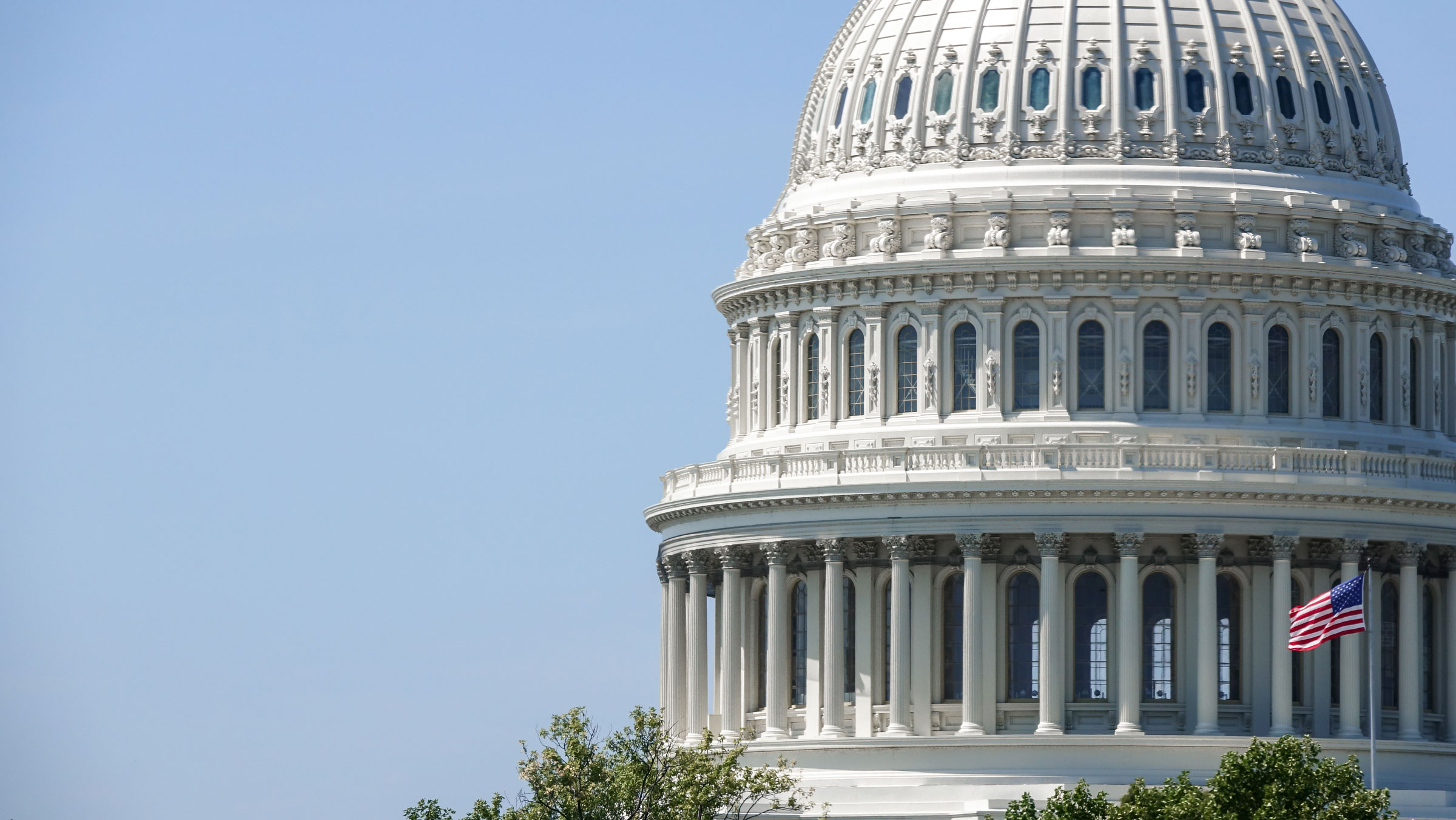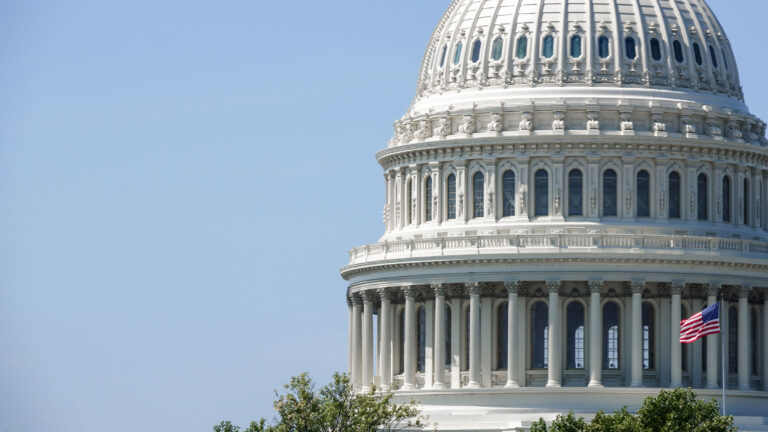Corn Growers Focus on Opening Markets, Enforcing Trade Agreements

By Brooke S. Appleton
It’s an evening we all remember in the Washington office of the National Corn Growers Association and is now a familiar war story that is brought up often at our gatherings.
On a cold February night in 2023 as staff settled into their homes after a day at the office, our communications director sent an email around: “Please be advised, Mexico plans to ban all genetically modified white corn imports beginning tomorrow.”
The news came after a months-long campaign by NCGA to stop Mexico’s president from banning imports of genetically modified corn into his country. That evening, Pres. Andrés Manuel López Obrador decided to push back, and the Reuters Mexico City Bureau had received word from the National Palace that the ban on white corn, often used for food-grade products, was imminent.
The ban on these products from a country that is our number one customer was an ominous development, particularly for states, like Nebraska, that export large quantities of white corn.
As soon as word reached us, our homes, scattered across the Washington region, became defacto command centers where we worked well into the night on our response and forward-looking strategy. We also alerted our state organizations, which in turn activated their farmers, like Nebraska grower Andy Jobman, who had already been advocating on the issue and were ready to act.
The story illustrates how international affairs and trade issues are as important to farmers as what goes on at the local co-op and why the issue is a top concern to NCGA. Expanding international demand for corn is one of our top advocacy objectives. It is also a reminder to growers of the strong role they play when they communicate about these issues with their members of Congress.
We only must look at the data to understand the economic importance of trade to farmers. Forecasts show that corn exports will consume 13.7% of total production for the marketing year 2023/24. In 2023, ethanol exports translated to over $2.8 billion to corn growers. Beef and pork exports, which rely heavily on corn as feed, accounted for over $3 billion in revenue for corn growers in 2023.
Yet, as a country we’re not fulfilling our true potential on the trade front and there are many threats that impede our efforts to export more corn.
The U.S., for example, has had a trading surplus in ag exports averaging 12.5 billion over the past ten years. But the latest forecast by the U.S. Department of Agriculture for FY 2023 predicts a food and ag trade deficit of $30 billion.
In the meantime, international competitors, such as Brazil, are working hard to forge new agreements that leave American commodities in the dust.
That is why we have been pushing the Biden administration to drastically increase its efforts to secure meaningful access opportunities for agricultural commodities, so that other countries do not secure them first.
We have also been working with members of Congress and the administration to reinforce the need to increase funding for the USDA market access and foreign market development programs, which will help build long-term international demand for corn and corn products.
We are pleased to hear that our top farm bill priority on trade, to significantly increase funding for these efforts, is likely to be in a committee draft. Our goal is to make sure this increased funding is in the final bill that is signed into law.
An additional concern for us is that U.S. food and ag exports still face trade-restrictive tariffs in key markets around the globe. That is why we are working closely with the U.S. Trade Representative to encourage her agency to enforce our bilateral and multilateral trade agreements.
This brings us back to the infamous story I mentioned earlier about the Mexican ban on food-grade corn, because our work on that front is illustrative of what it takes to effect change on trade issues.
Prompted by the advocacy efforts of corn growers, shortly after the ban on white corn, the U.S. Trade Representative filed a dispute settlement against Mexico under the United-States-Mexico-Canada Agreement. A decision that will hopefully resolve the matter is expected late this year.
This outcome would have never come to pass if not for the fact that corn growers across the country were reaching out and making their voices heard.
We will keep putting trade front and center, along with other key issues, in our advocacy efforts. But we need you by our side. Please text COB to 52886 to stay informed on these and other advocacy efforts.
To effect change on trade, we must remember: all politics are local but demand is global.
Appleton is the vice president of public policy at the National Corn Growers Association.
